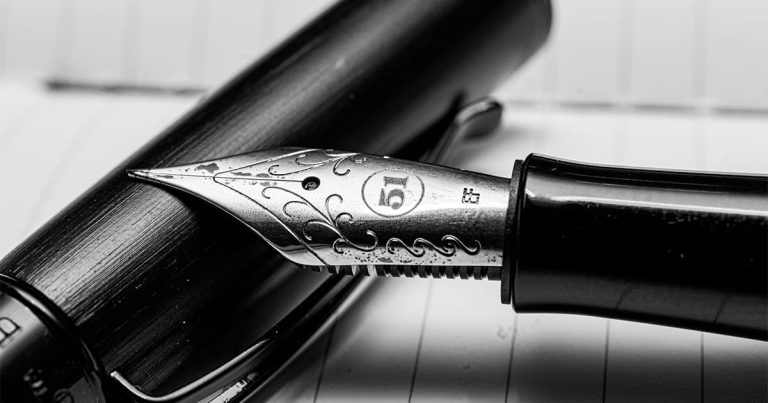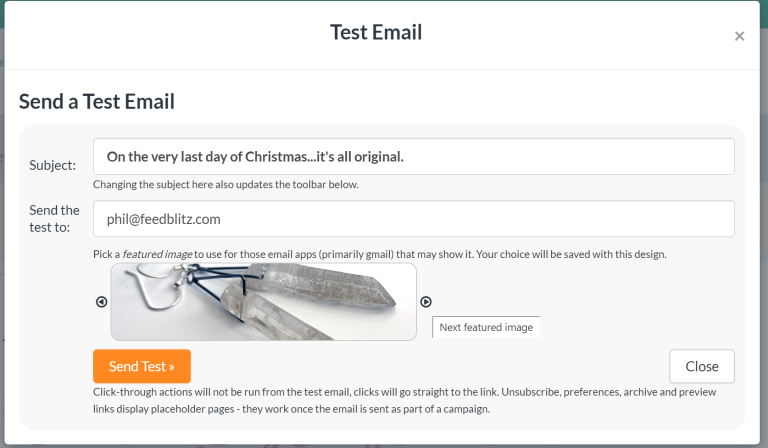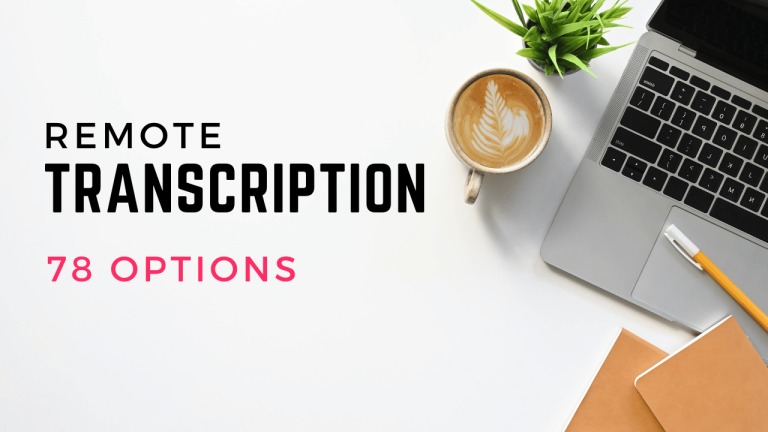 The primary motivating factor for owning your own business is making money, but what good is making money if you don’t get to keep it? When you factor in income tax, state sales tax, and any of the other taxes you pay, it’s not uncommon to find that by the time you actually spend your money, you’re left with only about 50{ad5bb9fecb583deb4f0824f2220347f82cf22be85faf385196d32747341ff3d9} of the original amount. This is because as an employee of a business, every purchase you make is with after tax dollars, and then you are taxed again when you purchase something with those after tax dollars.
The primary motivating factor for owning your own business is making money, but what good is making money if you don’t get to keep it? When you factor in income tax, state sales tax, and any of the other taxes you pay, it’s not uncommon to find that by the time you actually spend your money, you’re left with only about 50{ad5bb9fecb583deb4f0824f2220347f82cf22be85faf385196d32747341ff3d9} of the original amount. This is because as an employee of a business, every purchase you make is with after tax dollars, and then you are taxed again when you purchase something with those after tax dollars.
Many people understand the concept of tax-deductible purchases, but as a business owner, you can make those same purchases with pre-tax dollars. For example: if you needed to buy a computer for your small business, you can purchase this with income from your business and never pay federal taxes on it, whereas as an employee, even if you were able to fully tax deduct that purchase at the end of the year, you would have to get those dollars back in the form of a tax refund.
Small business owners will also only be taxed on their profits. This can be a difficult concept for those who have never owned a business before, but consider the following example.
Joe has a delivery business; he made $100k last year gross; he spends 50{ad5bb9fecb583deb4f0824f2220347f82cf22be85faf385196d32747341ff3d9} of his gross on fuel, therefore his profit is $50k so he is taxed $15k and is left with $35.
Sam works as an employee for a delivery business where he has to purchase his own fuel, but is compensated with a higher salary. He earned $100k last year and spent $50k on fuel, so he paid $28,000 in taxes, $50k in fuel and was left with $22k.
Admittedly, this is an overly simplified example, but you can easily see the tax benefits a small business provides.
Finally, let me say that I am not a tax professional, but rather an entrepreneur, so please consult a tax professional if you have specific tax questions or questionable deductions.







